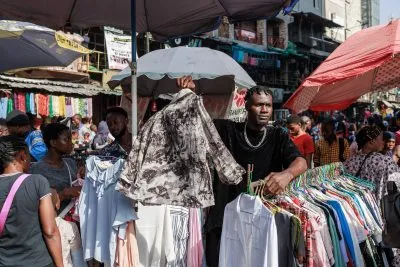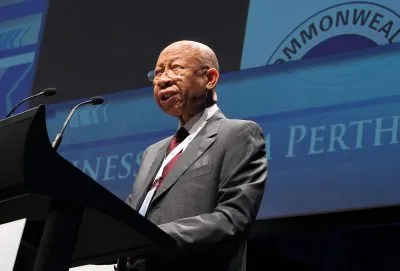This article was produced with the support of Skaleet
As central banks introduce more robust regulation on the transfer of money in Africa, telecos and banks will need to update their internal systems and software to meet the requirements.
The Bank of Central African States (BEAC) and the Central Bank of West African States (BCEAO) have recently introduced legislation that will require lesser-regulated telecos to meet similar standards as legacy banks.
The regulators have introduced the directive to crack down on money laundering and illicit financing that has arisen following the failure of telecos to properly collect data and customer identities.
It has also been implemented to increase the interoperability of financial institutions in the region.
To move regulation to the next level, all money transfer entities will be regarded in the eyes of the law as digital banks.
Where it has been applied in Africa, this has disrupted usual payments channels that were previously made up of a mix of banks, telecos and fintechs.
Skaleet, which provides core banking services to financial institutions, is helping banks in Africa to adopt interoperable digital systems that meet strict regulatory requirements and can integrate with a limitless number of payment channels and external providers such as utility customers.
“When you have new regulation you need new software,” says Benjamin Blondeau, CFO at the Paris-based technology provider.

“Our solution is a digital wallet that connects with the banking system that allows you to monitor transactions, integrate card processing and has know your customer (KYC) functions. What we are seeing with countries that are following European regulation is that central banks require money transfer entities to be digital banks and comply with the regulation for wiring money, not mobile money”.
Services in demand
The change in regulation is levelling the playing field between mobile money providers and brick and mortar banks that offer digital services, Blondeau says.
Mobile money, which first started with Kenya’s M-Pesa, has often been seen as a way for the unbanked to bypass traditional finance and still have access to financial services.
The requirements for telecos and fintechs to meet banking standards may have given banks the upper hand after losing market share for more than a decade.
“The unbanked in Africa will have a bank account and not a mobile money account anymore,” says the CFO.
It has also increased the demand for Skaleet’s digital infrastructure as the company looks to expand in Africa from a base in Western Europe.
Rather than spending time and money to build digital core banking platforms that meet central bank requirements, Blondeau says that most banks prefer to incorporate the services of an external provider.
He adds that the demand for innovative services in Africa is higher, where banks must make “defensive” moves to compete with telecos.
Previously known as TagPay, Skaleet currently works with around 20 financial institutions in Africa and the continent accounts for 65% of the firm’s overall revenues.
Its European markets include France and Belgium with plans to expand into Spain, Italy and Germany.
Customers can easily access the platform, which is customised according to the specific bank, by using face-recognition technology on an app.
Banks that adopt Skaleet’s services can monetise the service by charging customers a fee when making national or cross-border transactions.
Blondeau says that one of their clients was able to onboard 2.5m customers to the platform within just two years.
Around 70% of Skaleet’s employees are engineers who manage the core banking platforms by hosting and regularly upgrading the software.
New payments methods and companies are able to easily integrate with the platform, at the request of the client bank.
In return for its services, Skaleet charges the banks an annual set fee for each customer on the platform.
There is also a setup fee of between $100,000 to $200,000.
Expansion plans
From a solid base in mainly Francophone countries across Central and West Africa, Skaleet is planning to expand to other regions in Africa.
“We raised money at the end of last year and one of the key areas of growth is eastern Africa and the Maghreb because the regulation is also changing in Morocco and Tunisia,” Blondeau says.
The technology provider raised €28.5m from the French-bank Société Générale and the US-based Long Arc Capital.
It has used the money to almost double the size of its team and to invest in expanding its footprint.
In terms of competition, Blondeau says that Skaleet is running a relatively unique business model.
“We don’t have that many competitors. There are companies who do KYC, and others who do mobile apps but having a complete solution that is up and working in less than a few months is not that common,” he says.
However, state and multinational-led payments platforms are just beginning to come into effect and may end up taking away market share from both banks and telecos – just like telecos had previously done to banks.
But Blondeau says that Africa Union-led projects like the Pan-African Payments and Settlement System (PAPSS) will ultimately help drive traffic to Skaleet’s platform.
“It fits in with our business model,” he says.
“You have this initiative around interoperability which is a regulatory requirement for all actors that are processing money in the region, so for us it will ease our integration efforts by being able to plug into systems like PAPSS”.

 Sign in with Google
Sign in with Google 






